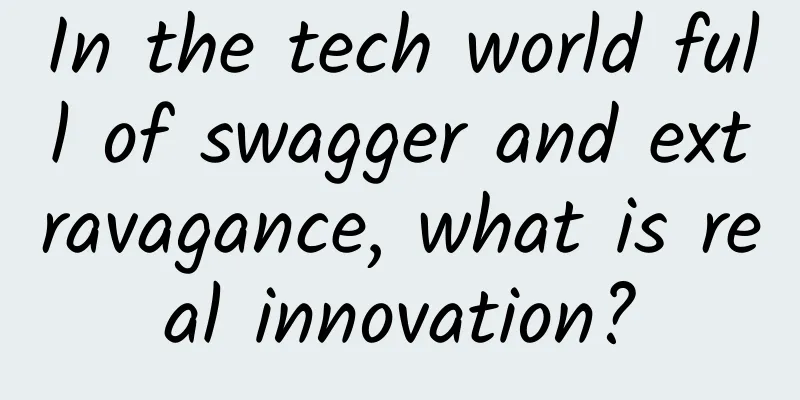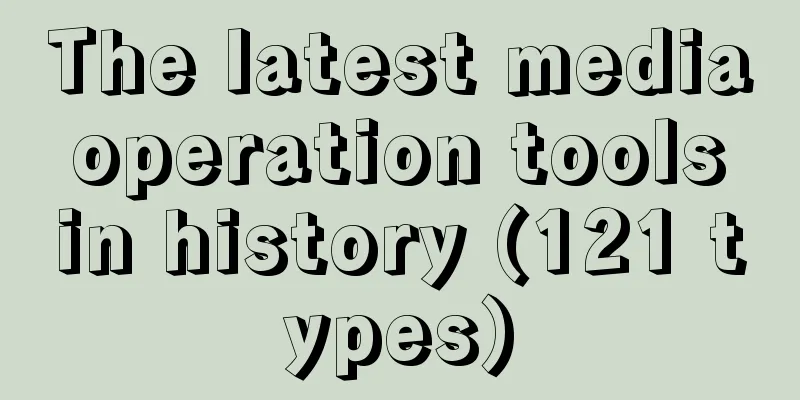How to quickly learn a skill

|
I forked the source code of Ruby China a few days ago, and was completely confused by the unfamiliar Ruby technology stack.
It's obviously a week, and the code doesn't lie. So I changed the text and filed a pull request. Starting from the macro When I learn about a new technical term, I will not get stuck into the details directly, but grasp it from a macro perspective. Understand its background, why it appears, what problems it solves, what similar technologies there are, and how we worked before it. With a macro understanding, I can easily associate it with the technology I am familiar with, so as to understand it faster.
Practice makes perfect I opened the official website and found a great Try it out. I spent 10 minutes playing it to get a general understanding of how to play it, and then I solved the actual problem.
But I tragically discovered that the entire record was replaced. Well, this is a document-based database. So I searched on Google: How to update specific field in mongodb The answer was soon found.
My needs here are:
Problem solved. As I get more and more involved, I encounter more and more problems. I will put every problem I solve in my Evernote so that I can find the answer quickly next time I encounter it. When I found postach.io, a blog system that can be synchronized with Evernote, I opened such a blog, so that others can find the answer more easily when they encounter the same problem. When I am really interested in a technology and have enough time to learn it, I usually follow the steps below.
Teaching is the most important thing After enough practice, I may feel that I have mastered the technology. But when I try to express it, I will be surprised to find that there are still many concepts that I don't quite understand. So I will look up information and improve my system. Only when I express what I have learned in my own language and the audience can understand it, I have truly mastered the technology. Postponing learning A colleague who reads more than 100 books a year said:
Nowadays, new technologies emerge in an endless stream, and we don't have enough time to learn each one in depth. For most technologies, we only need to understand the concept part, understand it from a macro perspective, and decide whether we want to learn it in depth. With this understanding, you can easily chat with others, and you can also make some preparations for future technology selection. When facing real needs, or when you have enough time to make technical preparations, you can enter the practical part. |
<<: Several valid reasons for refusing to fix a bug
>>: Why app design hurts app development
Recommend
Understand information flow video ads and their delivery strategies in 3 minutes!
The value of information flow advertising is incr...
Which chip has better performance? Qualcomm Snapdragon 801 vs HiSilicon 920 chip
Looking back at the first half of 2014, the domes...
Three changes in marketing strategies of domestic heavy truck companies in 2017
The year 2016, which just passed, was the first y...
How to build a user growth system with the help of distribution methods?
Since 2018, fission, viral marketing and distribu...
"Sky City" on the Qinghai-Tibet Plateau
Loading long image... Source: China Tibet Net, So...
Yes, eggs are definitely better than meat: the rheological history of Chinese eggs
Written by Wei Shuihua Header image | pixabay Whe...
Complete channel drainage in 4 steps to double your new customer acquisition and conversion efficiency!
When many online education companies are first es...
Douyin group buying service package for physical stores - guaranteed to be on the list of high-quality stores
Douyin group buying service package for physical ...
Appeared in Fujian 96 million years ago? The largest Deinonychus was found from footprints!
In the winter of 2020, a team from China Universi...
The lake is actually a breakwater made of frozen fish? The shocking "dead fish lake"!
Editor’s Note: Scientific expedition travel notes...
What is the difference between toothpaste that costs a few yuan and toothpaste that costs dozens of yuan? Are those magical effects real?
Audit expert: Lu Bin Deputy Chief Physician and A...
Tearful Dog Head: Will they cry with joy when they are reunited with their owners?
In May this year, a Bichon Frise named "Coff...
Even if I die, I want to watch the people of Lankao heal the sand dunes! 58 years have passed, why do people still miss him?
(Image source: CCTV.com screenshot) These two pho...
Marketing hotspots and advertising suggestions in August!
Chinese Valentine's Day, the start of the sch...
APICloud CEO Liu Xin: Let’s talk about the future of Web App and Native App
Author APICloud Liu Xin's previous article &q...









